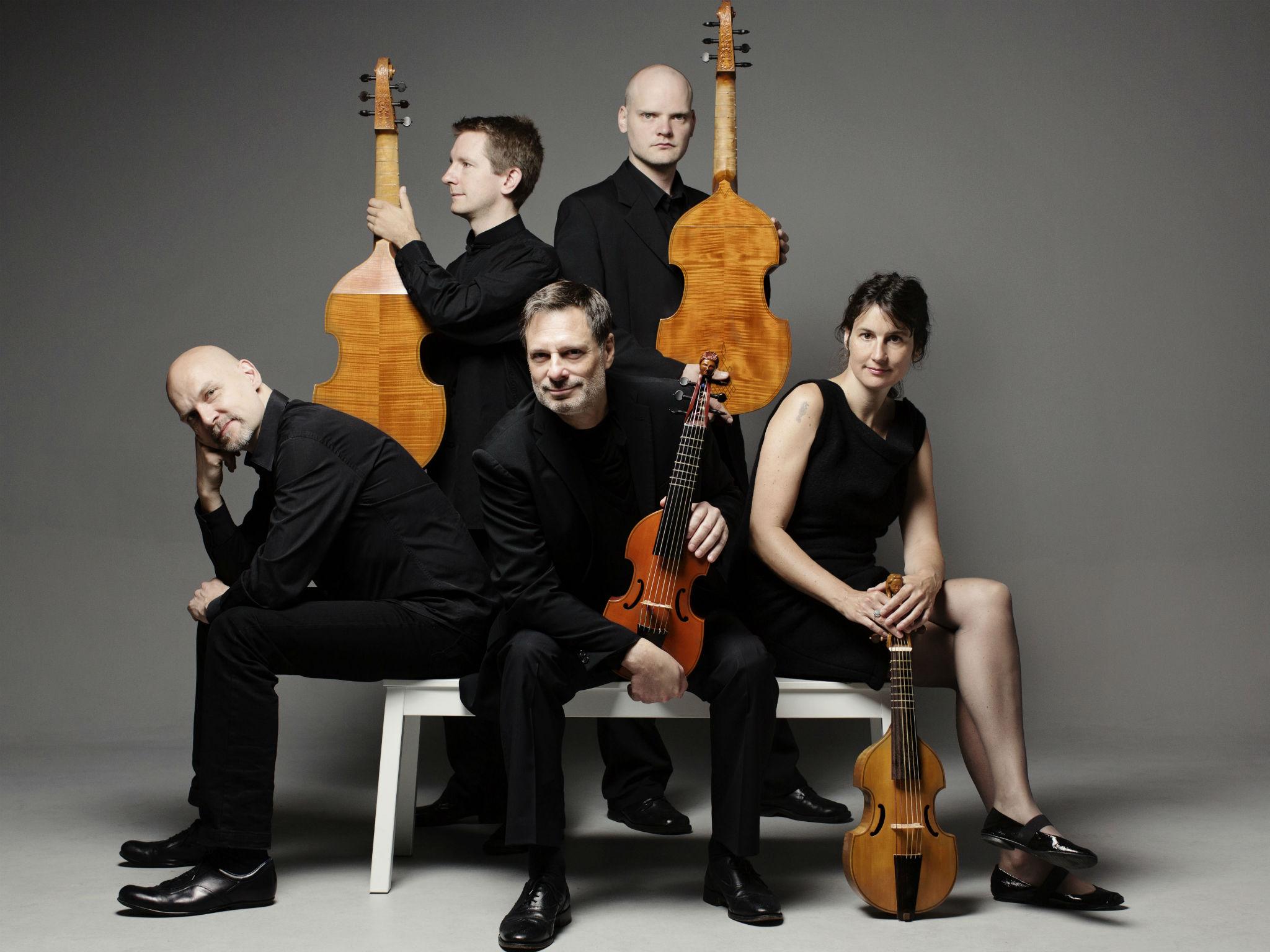Phantasm, Wigmore Hall, London, review: The viol’s even sound has a plain, bleached quality
Members of Phantasm performed music for viol consort by Orlando Gibbons

Your support helps us to tell the story
From reproductive rights to climate change to Big Tech, The Independent is on the ground when the story is developing. Whether it's investigating the financials of Elon Musk's pro-Trump PAC or producing our latest documentary, 'The A Word', which shines a light on the American women fighting for reproductive rights, we know how important it is to parse out the facts from the messaging.
At such a critical moment in US history, we need reporters on the ground. Your donation allows us to keep sending journalists to speak to both sides of the story.
The Independent is trusted by Americans across the entire political spectrum. And unlike many other quality news outlets, we choose not to lock Americans out of our reporting and analysis with paywalls. We believe quality journalism should be available to everyone, paid for by those who can afford it.
Your support makes all the difference.Why should the sound of a consort of four viols be more moving than that of a string quartet? It goes against all logic. With its flat back, and played like a Middle-Eastern spike-fiddle, the viol was the primitive precursor of the violin, and its timbre is completely different: while the violin’s sound can be luxuriously calibrated for warmth, vibrato, and ebbs and flows of volume, the viol’s even sound has a plain, bleached quality; perfectly-baked white bread to the violin’s multi-seed loaf.
To listen to Phantasm playing Orlando Gibbons at the Wigmore was to realise that, at its best, Elizabethan viol-music was all about restraint, grace, and subtle shifts in mood – but also that those qualities didn’t preclude boisterousness when the occasion demanded. Gibbons was a supreme master of the art of counterpoint, letting his intricate patterns develop until the air was thick with contending melodic lines.
Breathing as one single instrument, this trail-blazing ensemble started with a Fantasia for two voices, and gradually built up to pieces for six: playing without bar-lines, they came to grief at one particularly dense thicket of part-writing, but after restarting brought the piece elegantly home. The great Canadian pianist Glenn Gould praised this music as representing an ‘imperishable, distinctly English brand of conservatism’. This kind of conservatism we could do with more of.
Join our commenting forum
Join thought-provoking conversations, follow other Independent readers and see their replies
Comments